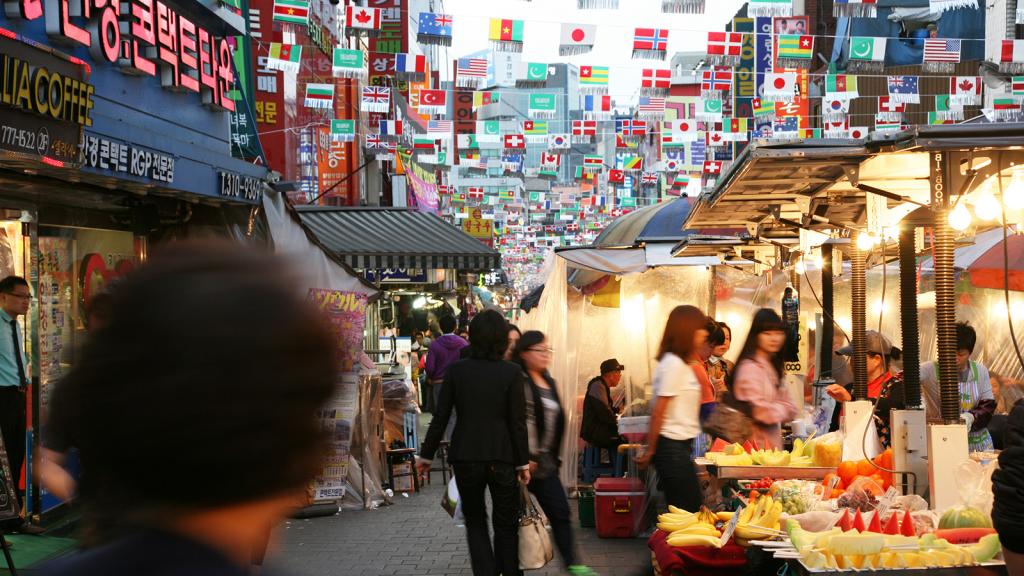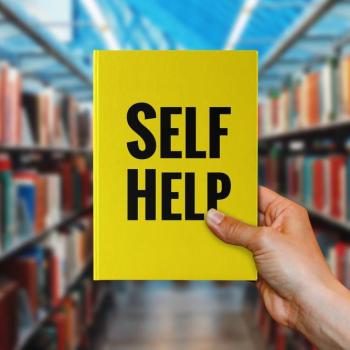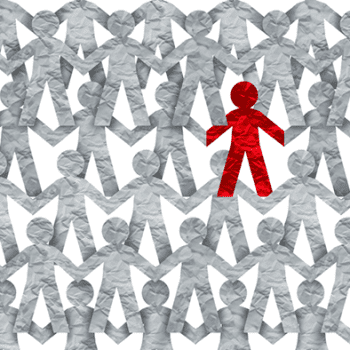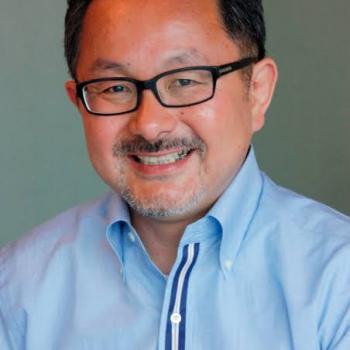
The following comes from a BBC article “How the South Korean language was designed to unify“. Here is an excerpt:
“Our husband is also a teacher,” my co-worker told me as she noisily slurped her soup. She was seated beside another colleague, who was slurping hers, too.
I was confused. Had I misheard her? Were these women married to the same person?
“She’s talking about her husband,” the second co-worker clarified, perhaps noticing my blank stare. “In Korea, we often say ‘our’ or ‘we’ instead of ‘my’ or ‘I’.” …
“Korean people use ‘uri’ when something is shared by a group or community, or when many members in a group or community possess the same or similar kind of thing,” Beom Lee, a Korean language professor at Columbia University, told me in an interview. “[It’s] based on our collectivist culture.” …
South Korea’s communal values are tied to its compact size, ethnically homogenous population and ardent nationalism. Here, a house – even one you pay for – is not yours; it’s ours. Likewise, my company is our company, my school is our school and my family is our family. Just because I might own or belong to something individually doesn’t mean others do not have a similar experience of ownership or belonging. To say ‘my’ is almost egocentric.
To say ‘my’ is almost egocentric
“Korean people always use uri nara (our country) instead of nae nara (my country). ‘Nae nara’ sounds weird. It sounds like they own the country,” Lee said. “Nae anae (my wife) sounds like he is the only person who has a wife in Korea.”
Above all, the country’s cultural collectivism is a testament to its long history of Confucianism. While South Korea has outgrown its dynasty-era, class-based hierarchy, it holds onto its Confucian ethics that dictate individuals should approach social contexts – from ordering food and drinks with friends to riding public transport with strangers – with the group in mind. In group networks, the ‘we’ is the collective Korean self, according to Boston University cultural studies professor Hee-an Choi, and it’s indispensable to the ‘I’.
For the rest of the article, click here.
















